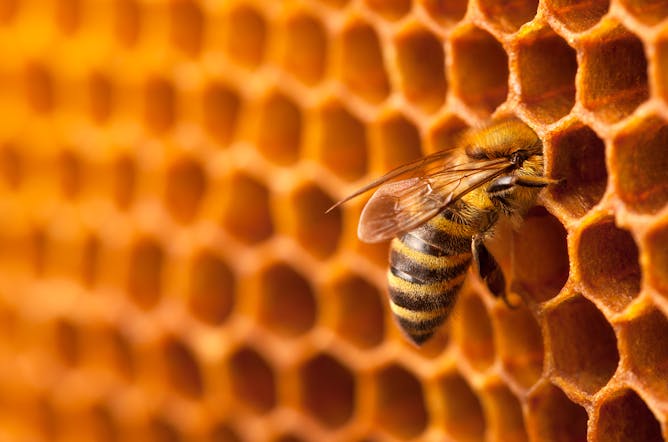|
Whenever I’m having a tough day, it’s comforting to remember that I’m one of billions of people on the planet, and that my problems are small and insignificant in the grand scheme. Starting today, they’ll feel even smaller as the UN’s official estimate of the world’s population hits 8 billion people. It’s a difficult number to comprehend, and for many it’s 8 billion more reasons to worry about the future of the planet. In this piece, two demographers (experts on
population growth) explain why there’s not really much we can do about it. What’s more, the arguments for controlling population growth often have racist undertones and would violate people’s right to bodily autonomy.
One person who may be reassured by the latest population figures is Elon Musk, who has tweeted that population collapse is a bigger risk to civilisation than global warming. While Musk is in the news almost constantly these days, little has been said about his autism, about which he first spoke publicly in 2021. Whatever you think of the new “chief twit”, it’s notable that the world’s richest man and one of its most influential inhabitants is autistic. Here’s an
interesting look at what we can learn about neurodiversity from Musk’s life.
And while the human population has been growing, we should also be paying attention to the population of honeybees. New research shows that their lifespan appears to have shrunk by nearly half in the last 50 years. Talk about a buzzkill.
|

|
Avery Anapol
Commissioning Editor, Politics + Society
|
|

Varavin88 / Shutterstock
Melanie Channon, University of Bath; Jasmine Fledderjohann, Lancaster University
Arguments about population growth are unhelpful, distracting and often racist.
|

Daniel Oberhaus (2018)/Flickr
Punit Shah, University of Bath; Luca Hargitai, University of Bath; Lucy Anne Livingston, King's College London
Musk’s autistic traits and history of being bullied might help explain why he appears combative on social media
|

Honeybees are vital pollinators.
BigBlueStudio/Shutterstock
Dave Goulson, University of Sussex
The report results could help explain honeybee colony deaths.
|
Politics + Society
|
-
Tristen Naylor, University of Cambridge
The G20 meets this week as Russia’s invasion of Ukraine, soaring energy prices and economic slowdown places leaders at odds with one another.
-
Geoff Mulgan, UCL
The gravity of the current situation is obscuring a less visible crisis – a failure of political imagination
|
|
Business + Economy
|
-
Bobby Banerjee, City, University of London
A look back at what the COPs have actually achieved.
-
Ganesh Viswanath-Natraj, Warwick Business School, University of Warwick
The rise of decentralised exchanges and growing regulatory pressure could strengthen crypto.
-
Raymond Hogler, Colorado State University
The country’s reliance on ‘at-will’ employment means that companies face few restrictions when they want to downsize their workforces.
|
|
Cities
|
-
Rosie Alexander, University of the West of Scotland
Whether moving away is a good idea depends as much on a young person’s aspirations as it does on their resources. Staying put – or moving back – does not necessarily mean personal failure.
|
|
Environment
|
-
Dorothy Yen, Brunel University London; Steve Pickering, University of Amsterdam; Thomas Scotto, University of Glasgow
A third of people we surveyed incorrectly thought there was a £2,500 cap on energy bills.
-
Hugo Gorringe, The University of Edinburgh; Michael Rosie, The University of Edinburgh
Eight journalists covering a protest on the M25 motorway were recently detained by police.
-
Rachel Kyte, Tufts University
The biggest issues at COP27 involve financing for low-income countries hit hard by climate change. A former World Bank official describes some promising signs she’s starting to see.
|
|
Health
|
-
Petra Sevcikova, Newcastle University; Allyson M Pollock, Newcastle University
India’s drug regulation is loose and results in dangerous medicines being sold at home and abroad.
-
Marcus Richards, UCL; Jonathan M Schott, UCL
Just months after the end of the second world war, the longest running study of health over the human life course in the world began – and it’s still going.
|
|
|
|
| |
|
|
|
|
| |
| |
| |
| |
| |
|
|